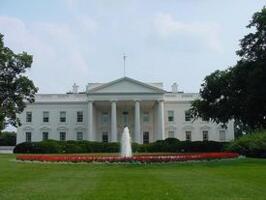Here's to the Yankee Doodle Liberal By Froma Harrop
In 1940, a Los Angeles jury released testimony linking James Cagney to the Communist Party, or at least to "communist members, sympathizers or heavy contributors." He had supported something called the Hollywood Anti-Nazi League, apparently not knowing that it was a Soviet front.


